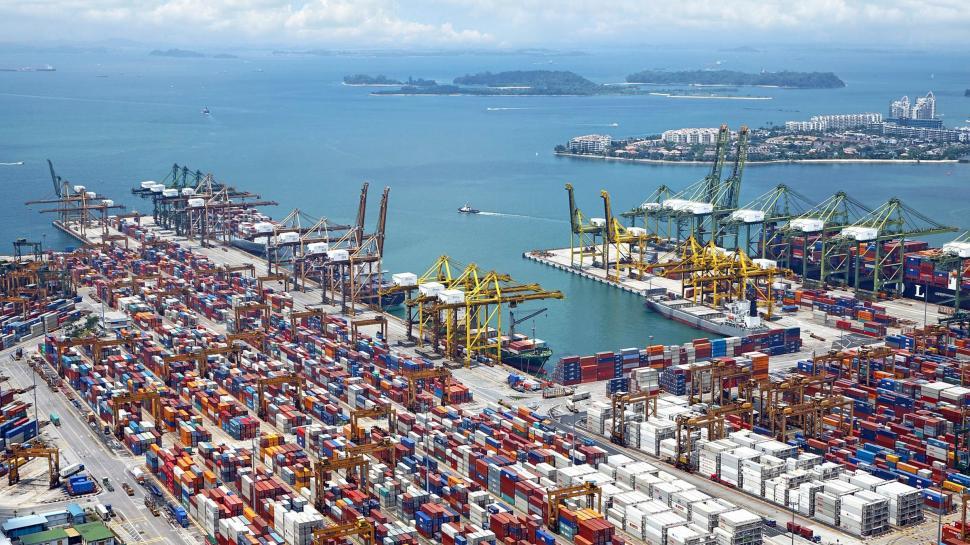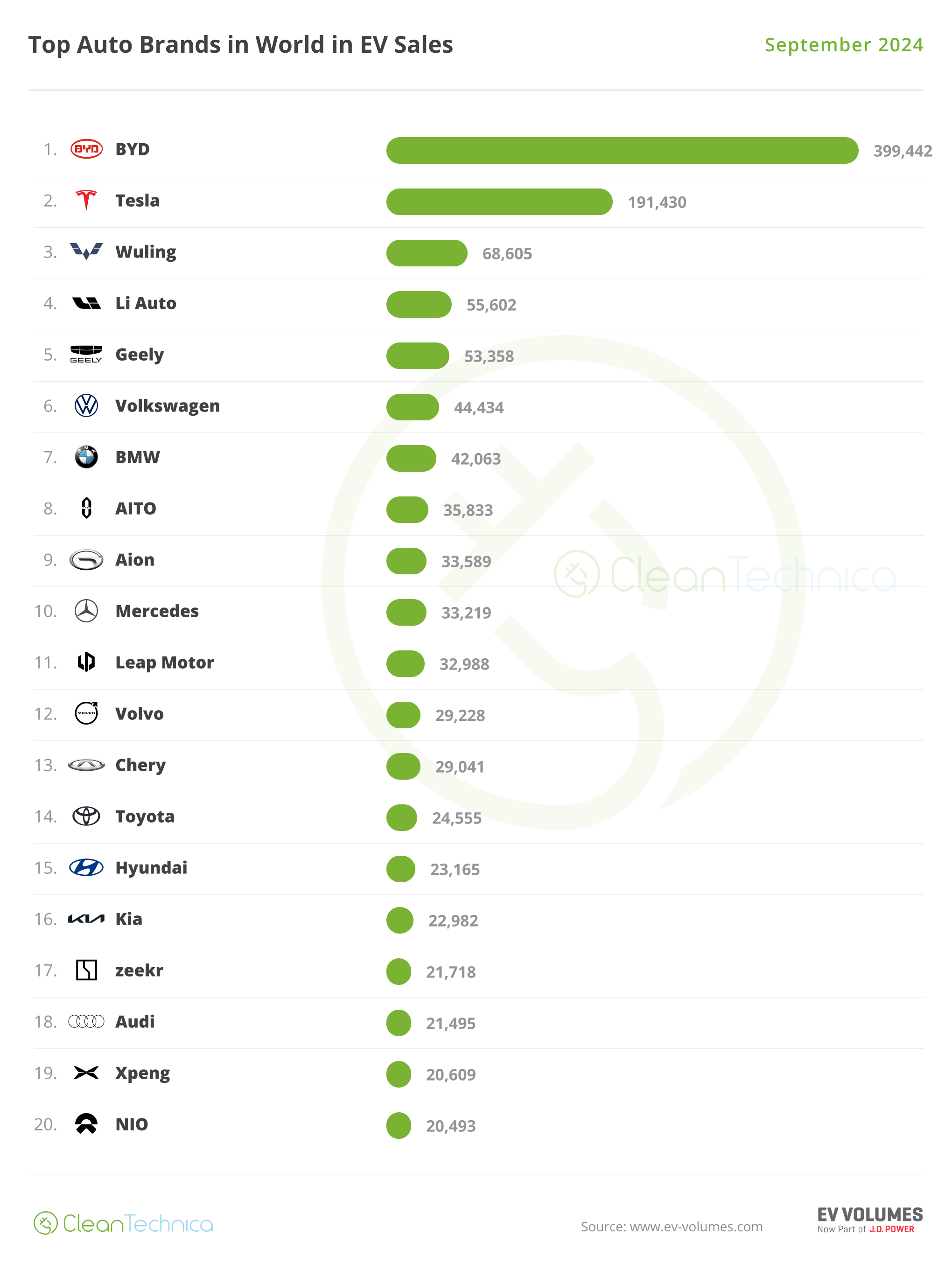
By Dana G. Rodriguez and Dr. Charlie McKinlay
As world insurance policies to advance the decarbonisation of delivery are to be carried out within the coming years, ports will play an necessary position within the transition, serving as key hubs for transport and power programs. However ports are additionally dwelling to giant and various communities with their very own distinctive native environmental impacts. Whereas we strongly assist first mover initiatives, corresponding to inexperienced corridors and power hubs, which are designed to play an necessary position in unlocking investments and scaling up fuels and applied sciences, we additionally wish to be certain that the native socio-economic and environmental elements are extra deliberately thought-about within the growth of those hubs. If executed proper, inclusive and sustainable co-benefits for communities and the surroundings could also be achieved, whereas additionally delivering emissions reductions globally.
To assist delivery stakeholders align with a fastidiously managed transition, Lloyd’s Register Maritime Decarbonisation Hub and Environmental Protection Fund, in collaboration with Arup, have designed the Sustainable First Mover Initiative Identification Software that identifies port places which have the potential to ship vital emission reductions whereas producing co-benefits, corresponding to improved air high quality, financial resilience and environmental sustainability. By scoping out ports of excessive potential, the device can allow the event of sustainable first mover initiatives that maximize advantages to port communities and the surroundings.
Zeroing in on ports of excessive potential: Sustainable first mover initiatives are very important for figuring out essentially the most appropriate places for future gasoline funding Click on To Tweet
It’s an idea that would show particularly attention-grabbing within the International South — a area basic to driving delivery’s transition to electrofuels. Given the distinction in capital assets globally, the speed of electrofuel adoption have to be approached sensibly and proportionately, in order that infrastructure and initiatives are developed at an excellent pace throughout areas. Taking this method helps keep away from pointless prices, which might find yourself being handed on to native communities.
The SFMI Software is being launched alongside The Potential of Ports in Creating Sustainable First Movers Initiatives report, which outlines the primary part of the methodology behind the device. It assesses the potential of 108 ports within the Indo-Pacific area to provide and bunker electrofuels, whereas delivering on environmental and group advantages. The device is utilized to a few completely different eventualities, which embody ports exploring gasoline manufacturing and bunkering, ports exploring gasoline exports, and ports exploring gasoline imports and bunkering. By a multicriteria evaluation, the device evaluated how ports delivered on 5 standards: land suitability, air high quality, renewable power surplus, financial resilience, and ship site visitors.
The ports have been then ranked to find out which had excessive or promising potential. For instance, preliminary outcomes for ports that would produce and bunker electrofuels reveal that Jawaharlal Nehru Port Belief ports in India and Chittagong in Bangladesh are preforming effectively throughout all standards and ranked as excessive potential.
The device will be personalized in line with stakeholders’ wants and objectives relying on situation desirability; as long as the analysis stays consistent with the aims and the aim of the device.
With shut to 2 billion individuals dwelling close to coastal zones globally, ports should be certain that any new infrastructure and actions carried out to assist delivery’s decarbonisation are inclusive and produce advantages to those who dwell and work shut by. The Sustainable First Mover Initiative Identification Software can establish electrofuel manufacturing and bunkering alternatives and take into consideration elements that have an effect on the native inhabitants and surroundings. The subsequent part of this work will contain a extra complete evaluation in partnership with native delivery stakeholders and can embody the choice and evaluation of 10 ports to assist higher perceive native wants and maximize the worth supplied by SFMIs.
The voyage to making sure that this transition is inclusive won’t be freed from challenges. Nonetheless, maximizing the advantages to port-side communities, particularly in International South areas can be important to realising not only a delivery trade freed from fossil fuels, but in addition thriving port-side communities.
Dana G. Rodriguez is a Senior Analyst of International Transport at Environmental Protection Fund. Dr. Charlie McKinlay is a Decarbonization Analyst at Lloyd’s Register.




